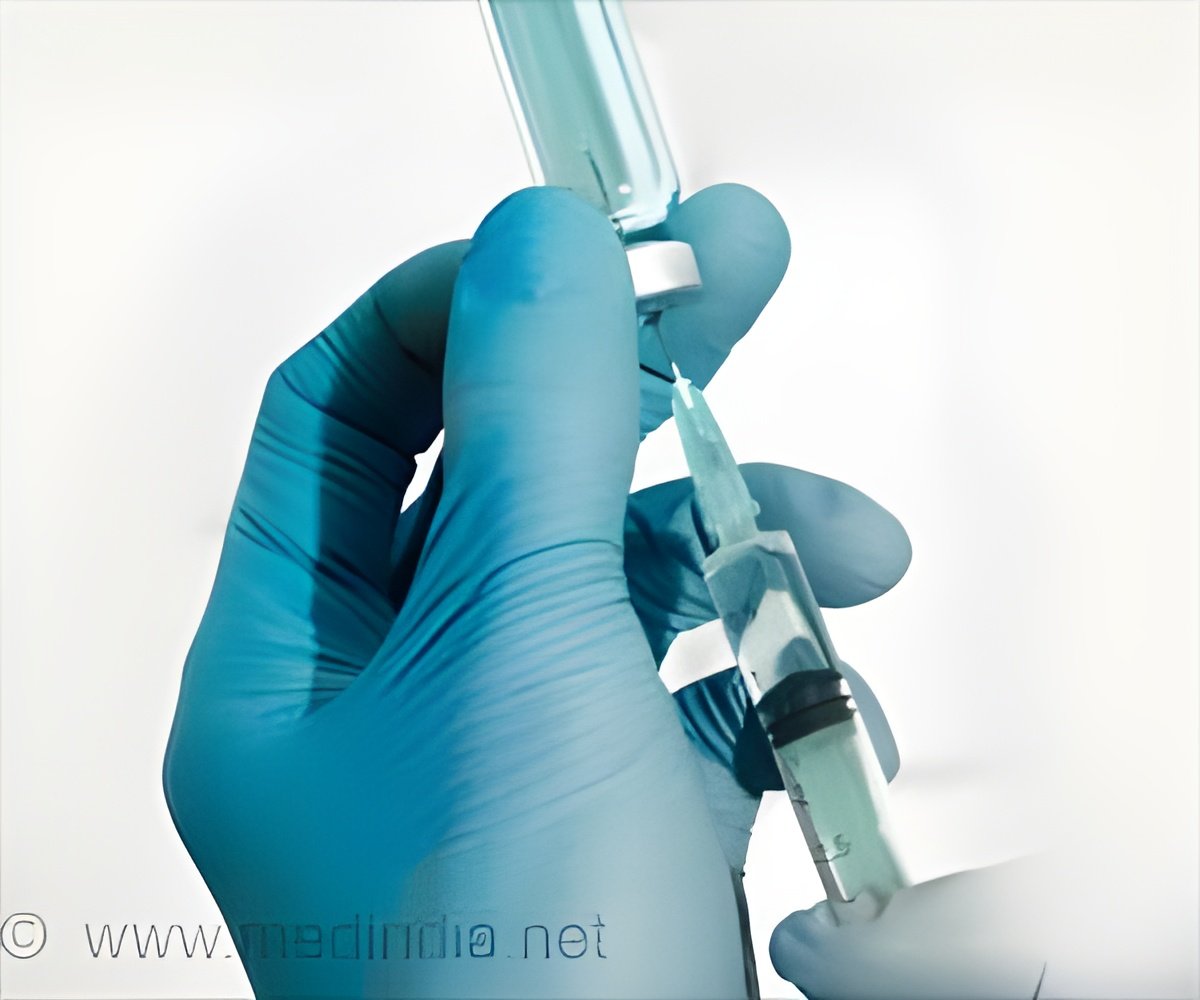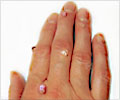
‘The incidence of anal cancer is exceedingly high among men, especially in those who tested positive for HIV. Vaccination showed successful outcomes in reducing anal quadrivalent and penile quadrivalent genotypes of HPV among gay and bisexual men.’
Tweet it Now
The results of this study that focus on the success rate of HPV vaccination in gay and bisexual men, were published in The Lancet Infectious Diseases. The researchers, led by Associate professor Eric Chow found a significant reduction in all the four vaccine-preventable genotypes in the participants aged 16-20 years. This kind of decrease in anal, penile, and oral quadrivalent vaccine-targeted genotypes after a school-based vaccination program proves to be promising in the management of infectious diseases. "Australia has a very successful HPV vaccination program for both boys and girls with high vaccine coverage," Associate Professor Chow said.
Incidence of anal cancer
The incidence of anal cancer has elevated globally, especially among men who are gay or bisexual. The risk for the men of these categories who have been living with HIV already is exceedingly high. A meta-analysis showed that the range of incidence of anal cancer is 45.9 per 100,000 among HIV-positive gay men.
Success rate of HPV vaccination
The vaccine for HPV used in Australia covers four genotypes: 6/11/16/18. Genotypes 6/11 cause about 90% of the genital wart cases and genotypes 16/18 cause about 70% of cervical and anal cancers.
This study included 400 gay and bisexual men from sexual health clinics and the community in Melbourne. The outcomes of the HYPER1 group of 200 gay/bisexual men pre-vaccination in 2010-2012 and the HYPER2 group of 200 gay/bisexual men post-vaccination in 2017-2018 were taken into consideration to compare the results. In the post-vaccination group, a significant diminishing rate was observed in anal quadrivalent genotypes (from 28% to 7.3%) and penile quadrivalent genotypes (from 11.9% to 6.1%).
Professor Chow concluded, "The vaccine is effective in reducing HPV-related diseases and showing some promising evidence that this may lead to a reduction in HPV-related cancer in the future.
Source-Medindia














